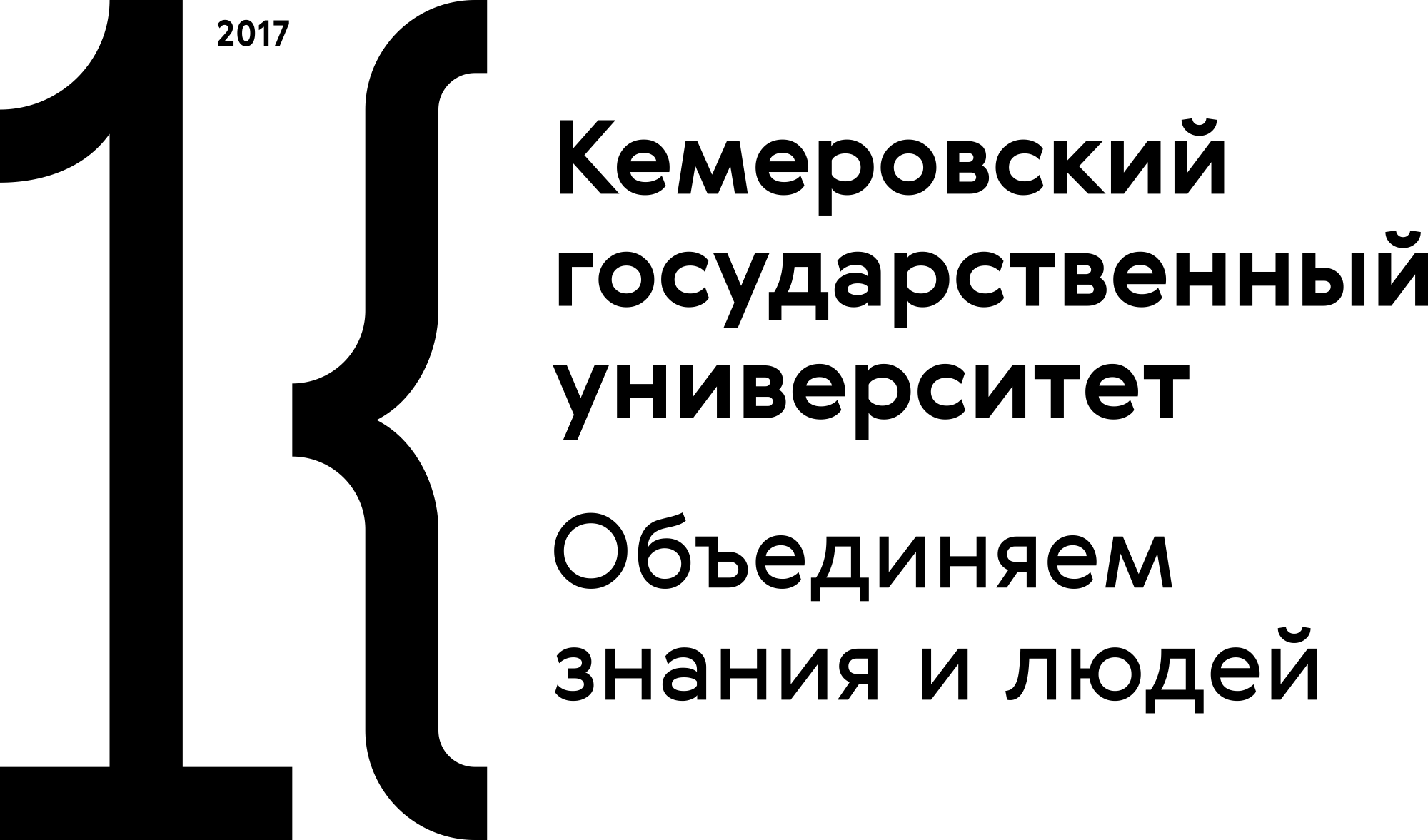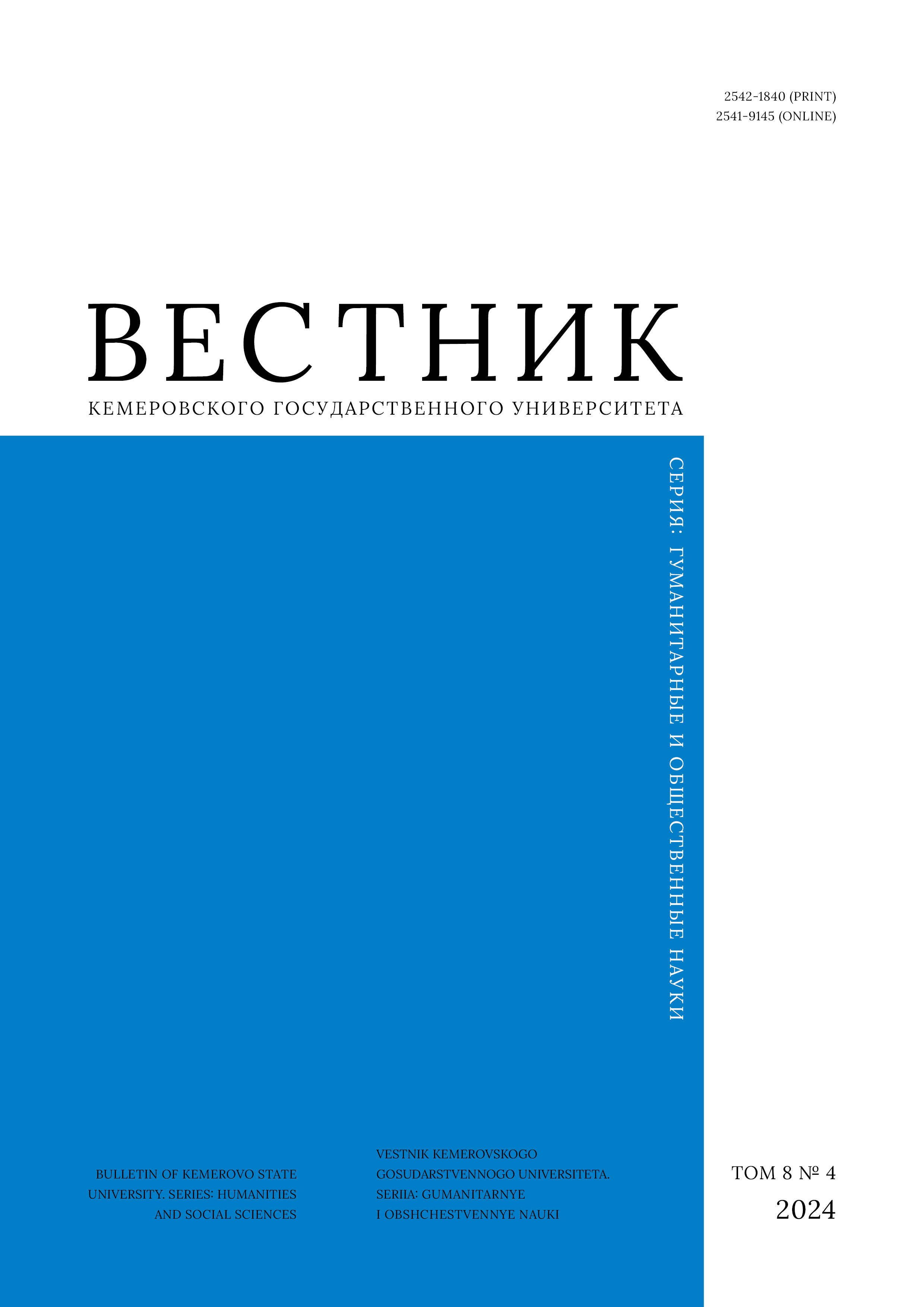Moscow, Moscow, Russian Federation
Moscow, Russian Federation
As global technologies develop, they integrate into social and state institutions. Mundane public communications were the first to embrace computers, smartphones, social networks, etc. These days, modern technologies facilitate the interaction between the state and its people. As a result, the state increases the internal and external availability of public services. The current friendly relations between the Russian Federation and some African countries may win from using new information technologies in politics and business. In this sense, modern communications require a better understanding of such innovative institutions as the so-called digital justice, which employs digital tools as a platform of justice administration. It has a good potential for resolving social issues of African population, as well as major economic disputes. The article describes the legal aspects of the new dispute resolution opportunities that digital justice offers the people of Uganda. It focuses on the prospects and problems of blockchain technology and artificial intelligence in settling disputes in court, especially in those aspects that concern the most vulnerable social strata. Blockchain algorithms prove effective in resolving land ownership disputes in Uganda while artificial intelligence may be used to provide pro bono legal services.
digitalization, legal proceedings, evidence, assurance, blockchain, Uganda, artificial intelligence
1. Okello R. Rural women's legal empowerment through digital technology: A case study from Northern Uganda. Thesis for: Master in development studies–human rights, gender and conflict studies. The Hague, 2021, 38. http://dx.doi.org/10.13140/RG.2.2.26809.24168
2. Abrosimova E. A. Contractual responsibility of marketplaces. Vestnik Kemerovskogo gosudarstvennogo universiteta. Seriia: Gumanitarnye i obshchestvennye nauki, 2024, 8(2): 231–240. (In Russ.) https://doi.org/10.21603/2542-1840-2024-8-2-231-240 EDN: https://elibrary.ru/VFEFHX
3. Chernogor N. N., Zaloilo M. V. Metamorphoses of law and challenges to legal science in the context of a coronavirus pandemic. Journal of Russian Law, 2020, (7): 5–26. (In Russ.) https://doi.org/10.12737/jrl.2020.077 EDN: https://elibrary.ru/MFVKJJ
4. Troshchinsky P. V. Digital China before and during the coronavirus period: Specifics of normative legal regulation. Law and digital economy, 2021, (1): 44–58. (In Russ.) https://doi.org/10.17803/2618-8198.2021.11.1.044-058 EDN: https://elibrary.ru/WKFSUJ
5. Trezubov E. S. Videoconferencing in courts: A forced transformation in the conditions of the pandemic. Court administrator, 2020, (2): 38–43. (In Russ.) https://elibrary.ru/ntgigb
6. Trezubov E. S. Trends of the digitalization of civil procedure. Herald of Civil Procedure, 2022, 12(5): 204–227. (In Russ.) https://doi.org/10.24031/2226-0781- 2022-12-5-204-227 DOI: https://doi.org/10.24031/2226-0781-2022-12-5-204-227; EDN: https://elibrary.ru/FOFPRM
7. Rusakova E. P. The application of artificial intelligence in the civil proceedings of the People's Republic of China: Theoretical and legal analysis. RUDN Journal of Law, 2023, 17(2): 468–480. https://doi.org/10.22363/2313-2337-2023-27-2-468-480 EDN: https://elibrary.ru/DSOMQQ
8. Frolova E. E., Berman A. M. Expression of the parties’ will in the context of digital transformation: Current trends in law enforcement. Law. Journal of the Higher School of Economics, 2024, (3): 57–83. (In Russ.) https://doi.org/10.17323/2072-8166.2024.3.57.83 EDN: https://elibrary.ru/CZYVCM
9. Nanima R. D. A right to a fair trial in Uganda’s Judicature (Visual-Audio Link) Rules: Embracing the challenges in the era of Covid-19. Commonwealth Law Bulletin, 2020, 46(3): 391–414. https://doi.org/10.1080/03050718.2020.1804419
10. Kitoogo F. E., Bitwayiki C. e-Justice implementation at a national scale: The Ugandan case. E-Infrastructures and E-Services on developing countries: Proc. Conf., Maputo, 3–4 Dec 2009. Springer, 2010, 44–49. https://doi.org/10.1007/978-3-642-12701-4_5
11. Nanima R. D. A right to a fair trial in Uganda’s Judicature (Visual-Audio Link) Rules: Embracing the challenges in the era of covid-19. Commonwealth Law Bulletin, 46(3): 391–414. https://doi.org/10.1080/03050718.2020.1804419
12. Aupal W. K., Oleja C. Adoption of ICTs for service delivery improvement by local governments in Uganda: Communication tools. Global Journal of Management and Business Research, 2017, 17(2).
13. Dworkin R. Taking rights seriously. Moscow: ROSSPEN, 2004, 392. (In Russ.) https://elibrary.ru/qvxkzt
14. Hart H. L. A. Discretion. Harvard Law Review, 2013, 127(2): 652–665. URL: https://harvardlawreview.org/print/vol-127/discretion/ (accessed 25 Jul 2024).
15. Montesquieu Ch.-L. On the spirit of laws, or on the relationship in which laws should be to the device of each government, to mores, climate, religion, trade, etc. St. Petersburg: L. F. Panteleev, 1900, 800. (In Russ.)
16. Neznamov A. V. Artificial intelligence, uniformity of judicial practice and the creative nature of judicial activity. Herald of Civil Procedure, 2024, 14(2): 90–106. (In Russ.) https://doi.org/10.24031/2226-0781-2024-14-2-90-106 EDN: https://elibrary.ru/KPVUTZ
17. Sherstoboev O. N., Mikheeva I. V. Information technologies in judicial process: Opportunities of artificial intelligence in evidence system. Bulletin of Peoples' Friendship University of Russia. Series: Law, 2024, 28(1): 178–195. (In Russ.) https://doi.org/10.22363/2313-2337-2024-28-1-178-195 EDN: https://elibrary.ru/QVAPEZ
18. Roze M. A. Accessibility of justice in the context of its digitalization. Russian Justice, 2024, (3): 14–26. (In Russ.) https://doi.org/10.37399/issn2072-909X.2024.3.14-26 EDN: https://elibrary.ru/VMPVOE
19. Kurochkin S. A. Artificial intelligence in civil procedure. Herald of Civil Procedure, 2024, 14(2): 42–74. (In Russ.) https://doi.org/10.24031/2226-0781-2024-14-2-42-74 EDN: https://elibrary.ru/MCJWYW
20. Rusakova E. P., Chernysheva T. A. To the question of the use of blockchain depositary in the formation of the evidence base in the internet courts of China. Gaps in Russian Legislation, 2022, 15(6): 120–125. (In Russ.) https://elibrary.ru/khkuwv
21. Zhmakin G. N. Artificial intelligence in litigation. Herald of Civil Procedure, 2024, 14(2): 301–318. (In Russ.) https://doi.org/10.24031/2226-0781-2024-14-2-301-318 EDN: https://elibrary.ru/HTIRZH
22. Kurochkin S. A. Digital Technologies and Justice Efficiency. Lex Russica, 2022, 75(10): 152–163. (In Russ.) https://doi.org/10.17803/1729-5920.2022.191.10.152-163 EDN: https://elibrary.ru/XHANRO
23. Rusakova E. P., Frolova E. E. Procedural standards for civil proceedings in China's internet courts. New Technology for inclusive and sustainable growth, eds. Inshakova A. O., Inshakova E. I. Springer, 2022, 187–192. https://doi.org/10.1007/978-981-16-9808-8_20 EDN: https://elibrary.ru/PYOQRR
24. Zhao L., Qiaoyi L. Divergence, consensus and future of electronic evidence preservation based on judicial blockchain. Journal of Beijing College of Politics and Law, 2022, (2): 42–50. (In Chin.) URL: https://kns.cnki.net/kcms/detail/detail.aspx?filename=BZGX202202008&dbcode=CJFD&dbname=CJFD2022&v=0HoJeH_5NENDb4dSLAxnr0v8YglxtuWoaO11CST-Eugqqyw5FD_-NlMKfmdhAb (accessed 15 Aug 2024).
25. Song X. On problems and countermeasures of the authenticity of blockchain electronic evidence. Journal of Liuzhou Vocational & Technical College, 2022, (4): 36–40. (In Chin.) URL: https://kns.cnki.net/kcms/detail/detail.aspx?filename=LZJB202204007&dbcode=CJFD&dbname=CJFDTEMP&v=riCXCOpyzA08aOLGvQj4E2UuOHr2u5mObWcWYxW5PgwP-NRlaryuGlCleTd2WuP (accessed 9 Aug 2024).
26. Kurochkin S. A. On prospects of application of artificial intelligence in civil and arbitration proceedings. Arbitrazh and Civil Procedure, 2023, (2): 37–42. (In Russ.) https://doi.org/10.18572/1812-383X-2023-1-37-42 EDN: https://elibrary.ru/KONGNM


















